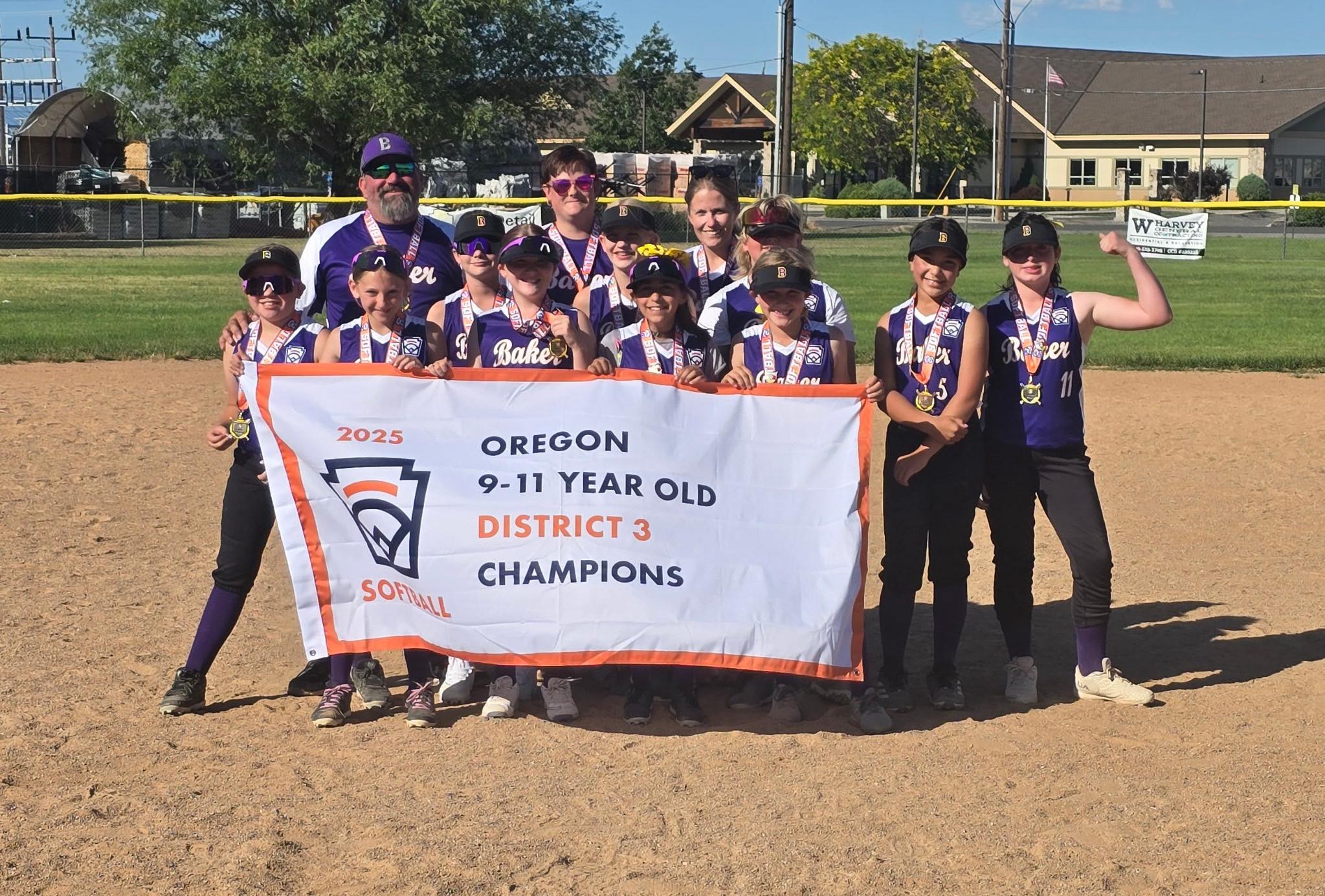COLUMN: Between you, me and ChatGPT
Published 12:00 pm Wednesday, February 22, 2023
“What even is ChatGPT? What does it do?” You may have asked yourself, seeing the terms “ChatGPT” and “AI” in headlines over and over, sometimes in surprising places. To some degree you’ve never seen it visually because it’s not much to look at.
The short answer: It answers questions. Yes, really. To the best of its knowledge. And to some degree it even offers solutions and step-by-step instructions.
Its architects, OpenAI, lay it out in the mission statement, saying “OpenAI is an AI research and deployment company.
Our mission is to ensure that artificial general intelligence benefits all of humanity.”
You may shrug a bit, but consider the following increasingly modern hassle: You have never cooked your Nana’s favorite cookie before, and today is her birthday and you want to surprise her. You google it, and lo, every link is one of those painfully long, memoir essays about fall memories, blasted with auto-play ads from top to bottom, and the recipe itself is broken up over four pages of similar “content.”
ChatGPT is the digital equivalent of getting the card out of Nana’s recipe box. More than that, it can play the part of Nana herself to some great effect. If you want to change a critical ingredient, it’ll offer alternatives on the fly — you don’t need to start your search completely over.
If something goes wrong with a batch, it’ll give you its best guess to fix it from your description. Right away you’ll understand this isn’t the “chatbot” experience of old — it’s comprehensive, and it never asks for your credit card number.
The GPT stands for “Generative Pre-trained Transformer” which steeps a bit into software lingo. The term “A.I.,” though, is a decent enough attempt to cover a broad range of the sciences going into creating reactive, competent and objective technology, though there’s still a tendency to mistake the outputs of these machines as something that was “thought” rather than calculated.
For example, in testing whether or not a given feather is heavier than a given brick, a scale will settle the debate instantly, mechanically. It doesn’t “think” — its output is a consequence of what input it’s given.
The dance of 1’s and 0’s, yeses and nos, inside the processors of our computers likewise rely entirely on our input, which can come from almost any source that can be mechanically measured — light/dark, hot/cold, heavy/light, loud/quiet.
The machines handle billions of such comparisons and complex mathematics at almost light speed.
So as you see headlines along the lines of “ChatGPT Passes Bar Exam” or “Student Caught Plagiarizing from A.I.” understand that the machines can parse every line of every law book, all of Einstein’s equations, but it will never be adding to its own knowledge, and it cannot deduce or infer new information.
Moreover, in the example of a simple scale, if there is a flaw in its construction, the flaw will affect every outcome, and the same will be true of the code and processors designed for these systems. And since this is a tool based on input as incomplete as human knowledge, its inherent flaws are many. But you don’t have to take our word for it.
“ChatGPT is a language model that generates text based on the patterns it has learned from a large corpus of text data,” says ChatGPT, quite capable of describing itself in increasing nuance. “It does not have the ability to discern the reliability of information or evaluate the accuracy of a statement in the same way that humans can. Instead, it generates responses based on statistical patterns in the training data, regardless of whether the information is true or false.”
There are jobs this technology will directly impact, and considering the fate of 411 operators it’s not a particularly new trend. It definitely one-ups the usefulness of some other search engines, even, and is bound to make some enemies by that. But at the same time many thought the calculator would drive mathematicians into extinction. It’s just not the whole picture. In many ways this could be a great change.
Take, for example, any kid at home in the jungle somewhere. Though classrooms are hard to beat, they can be hard to come by, hard to keep. But smartphones are long since saturating into even the most remote regions in the world, and while many may go their whole lives without quality education, ChatGPT can still do the legwork of teaching on any topic they can imagine. It’s infinitely patient, it can open many doors of knowledge, and its about time smartphones actually make us smarter.
As a feat of improvisation, it can rapidly create a short story from your prompt, create an itinerary to meet a goal, explain every nuance of trigonometry, format text, crack jokes.
If you’re a teacher, you probably needn’t generate a quizlet for as long as you shall live. Of course, on the hinge of “How do we prevent students from copying from this?” A.I. detection is ramping up to meet the need, as it has for recent complications such as Deepfaked video edits.
The creators, OpenAI, have gone to some lengths to prevent it from being abused. It won’t tell you how to get away with murder, nor will it help you become the next Walter White. While a clever question can sometimes sidestep around those limits, in most senses it tries to play the part of an impartial librarian, but one who will still squint suspiciously at extreme requests. They tell you up front that real humans may be reading your chats, besides.
“As an AI language model, ChatGPT is designed to be helpful and informative, and to assist users in a variety of tasks. However, there are some topics that are generally considered inappropriate or forbidden for ChatGPT to discuss,” it says, listing illegal activities, hate speech, terrorism, harassment, stalking and fraud as examples. It’s something approximate to Asimov’s laws of robotics — “A robot may not injure a human being” — but at some level, it might not always see the harm in the knowledge it could dole out.
If you’d like to know more, ChatGPT is free to use, and really is as simple as it sounds. On any browser, you can visit chat.openai.com and register to start a conversation.







